Don’t get startled if you see a life-sized, fierce-looking lion glide past atop a shiny Vigo on the streets in Punjab. Nor if you see a beautiful ostrich or a ferocious looking hawk stare at you in the eye. These are expensive, well-crafted models. Since it is election time, political parties and their workers have taken election canvassing to the next level by installing huge models of their election symbols in their constituencies.
Flags flutter, kites fly, in the backdrop of loud party anthems as the much-anticipated election day nears, election related activities are rapidly accelerating. Wildlife aside, apart from the martial ones being the arrow, guns and warships, the more artistic representations among the current electoral symbols are those of flowers, pens, scales and violins.
This year, as part of their canvassing for their parties and leaders, political workers have not just adorned the political rallies, campaigns and stalls of the electoral candidates with flags, photographs, posters and electoral symbols but have taken canvassing to another level with election-themed toys.
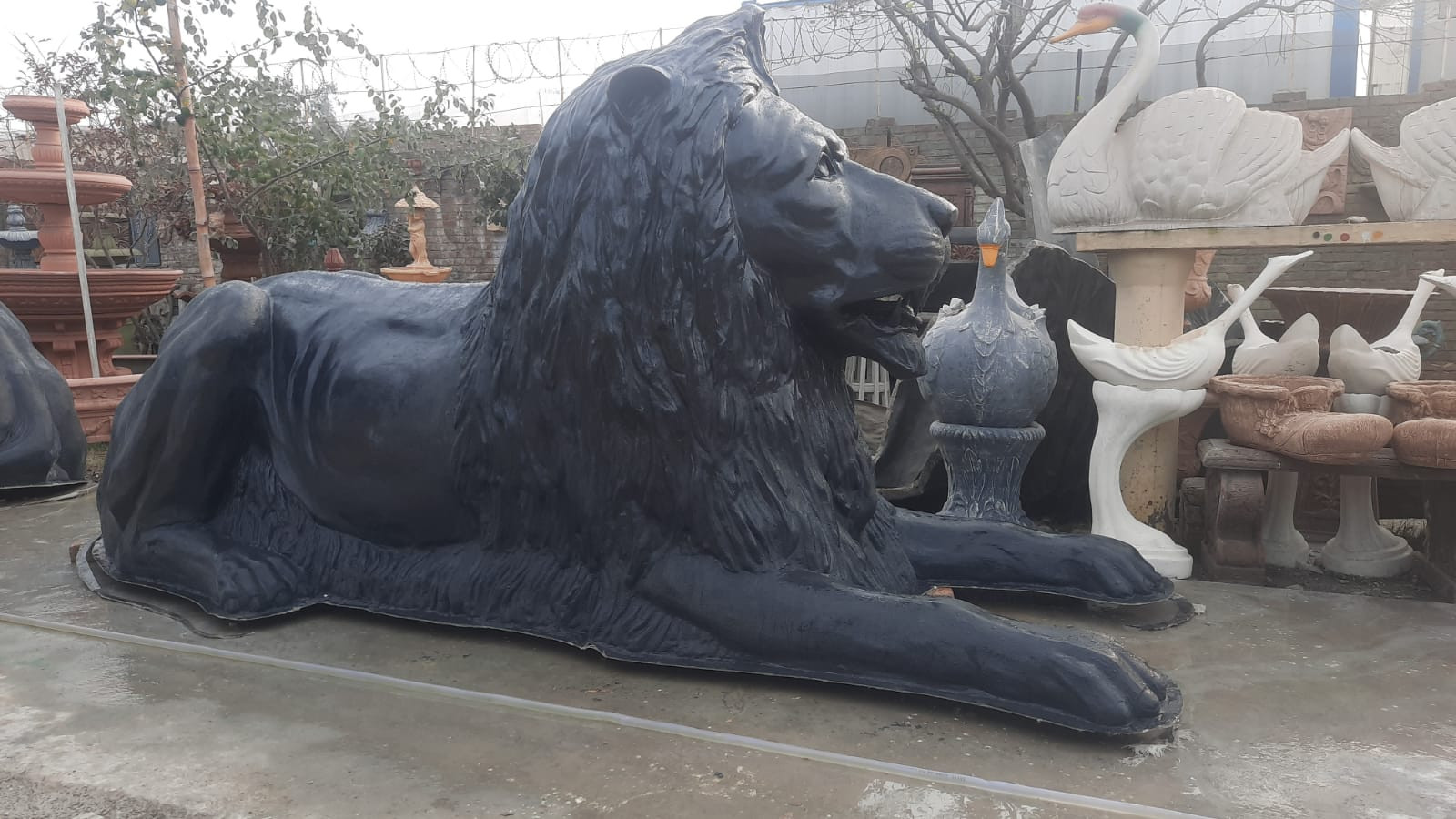
Electoral symbol giveaways for distribution among the public are being massively ordered by political workers and parties. A significant surge has been seen in the prices of toys that represent electoral symbols such as the lion, warship, Suzuki pick up, comb, motorcycle, scooter, mobile phone, trolleys and even green chilli, and toy and models of most of these are being ordered by political parties in thousands at local manufacturers
Vendors claim that the cost of toys featuring electoral symbols has increased by almost 200 per cent this year, while 400 per cent for large-sized toys. Currently, the cost of a woolen lion, which was sold for Rs 300 to Rs 500 in 2018, is now being sold for Rs500 to Rs 800. The price of plastic toys depends on the size and quality, while local toys cost between Rs 100 to Rs 300.
Rana Asghar, a resident of constituency NA-120, Lahore, is an active PML-N worker and supporter of PML-N provincial assembly candidate Sohail Shaukat Butt. As lion is the election symbol of PML-N, Asghar has had more than 10,000 toy lions crafted out of wool and plastic
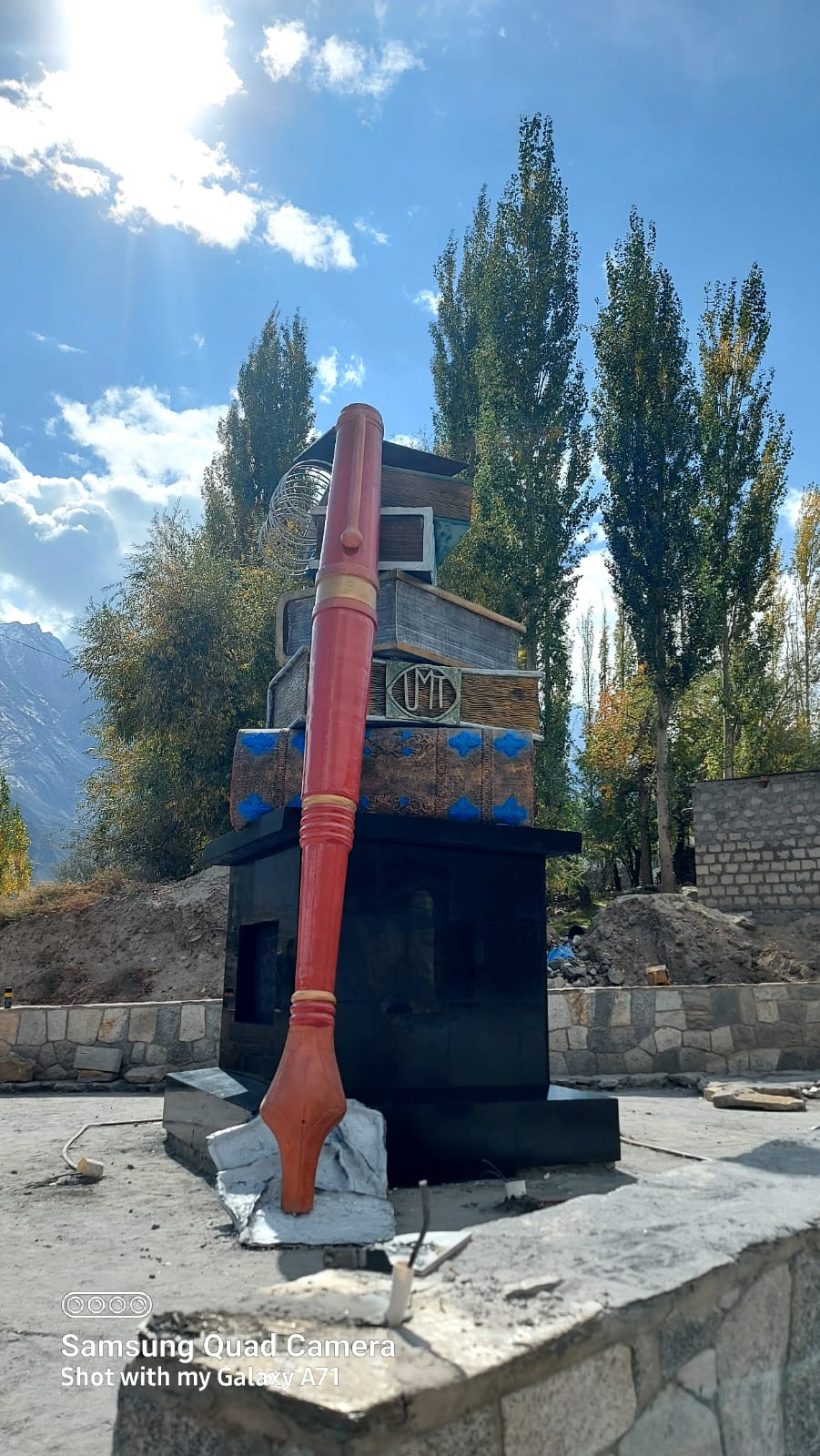
“I have purchased 5,000 woolen and 5,000 plastic toy lions,” he shares. “These are meant to be either placed on dashboards in vehicles or for being mounted on the vehicle roofs to be displayed on the streets in rallies.”
Rana Tariq, another PML-N leader, has ordered 10 larger-than-life fibre-glass lions not only for rallies but also to stand guard outside electoral offices and stalls on streets in constituencies of their electoral candidates.
“When people see the lion symbol, they instantly know that these are supporters of Nawaz Sharif,” says Tariq, with election enthusiasm.
In many residential areas, giveaways and toys have been distributed door to door along with manifestos. These giveaways include keychains and badges, and even items of everyday use such as cups, plates, mugs and glasses with electoral details inscribed on them, along with rings and crowns especially for women supporters.
Similarly, other electoral symbols including scales, bicycles, pheasants, hockey, bulls, wickets, books, flowers, trucks, rickshaws, cars, guns, watches, tonga [horse-carriage], wardrobes, cranes and chairs are being ordered as little mementos or souvenirs to be distributed to public in election campaigns.
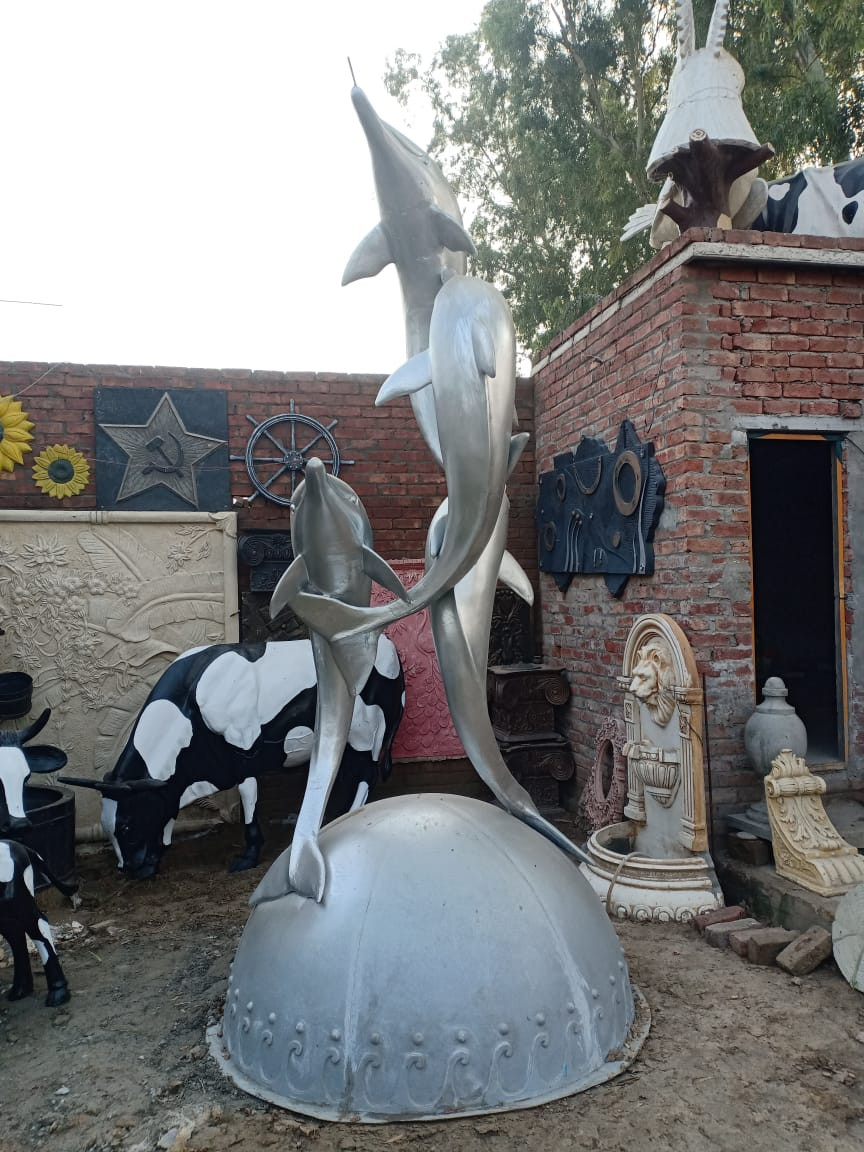
In some constituencies, plastic, wood and fiberglass models don’t mean much, as here live animals such as lions, horses, rabbits, and birds are being used at the party stalls in regard to electoral symbols, mostly to amuse and entertain kids. To top that, apparently PML-N has unique plans to rent a circus lion for its upcoming rally in Rawalpindi.
“Most of the orders for manufacturing toys are placed by the major political parties,” says Amir Ameen, a major toy dealer in Shah Alam Market, Lahore. “These goods include lion, scales, hockey, clock and chair which are being produced locally. While some lions and tigers are being manufactured locally, others have been imported from China.”
He said that although the 2018 elections recorded the highest number of cricket bat sales, but these are no longer being sold since PTI did not obtain the cricket bat symbol in the 2024 elections. Independent candidates also purchase election-theme toys but in much lesser numbers compared to the orders by bigger political parties.
According to vendors, compared to election toys, political workers have placed larger orders for electoral symbol badges as these are easy to wear on the chest and less costly in price.
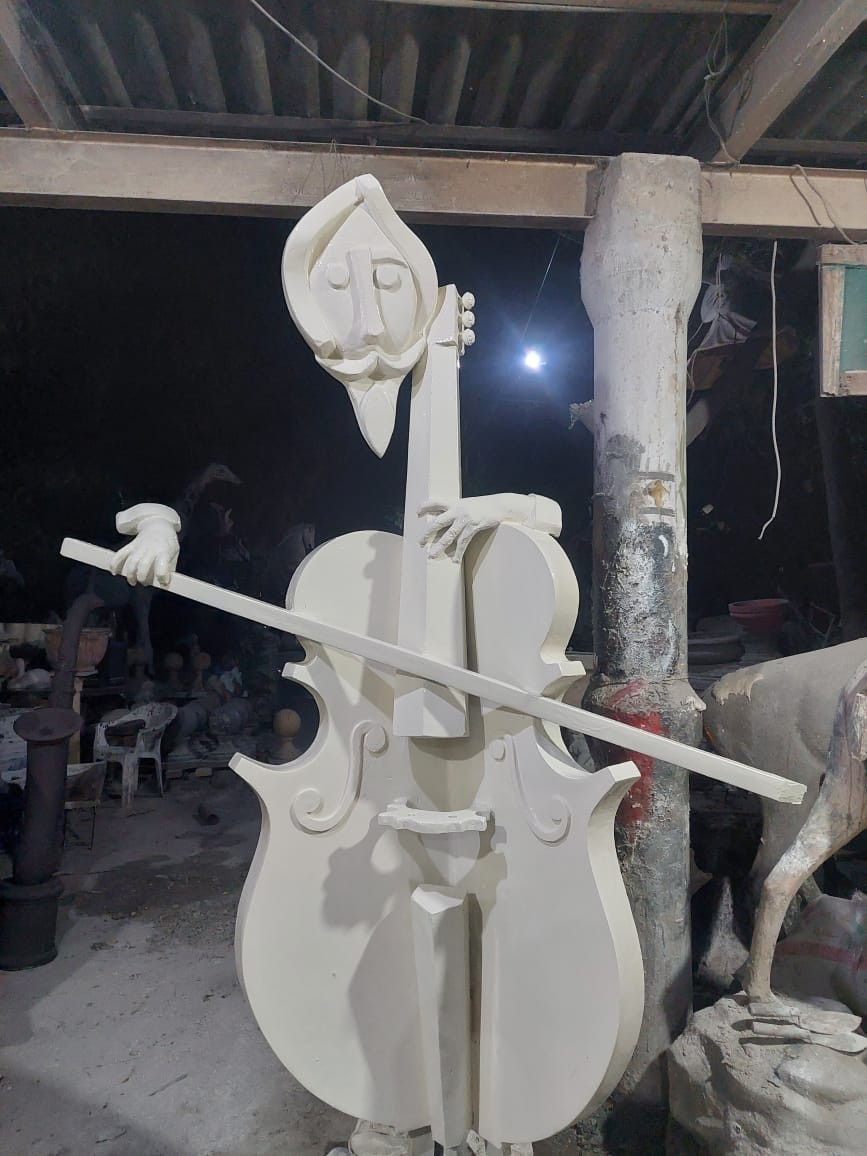
Since election symbols chosen by political parties and candidates participating in elections, are considered crucial tools for campaigns and promotions during elections, parties and candidates make huge efforts to choose symbols that are appropriate and become popular among the public.
Kashif Nawab is an active political worker for the Pakistan Peoples Party. He resides in Lahore and is actively involved in the election campaign for NA-127 constituency, in collaboration with the party's co-chairman, Bilawal Bhutto Zardari. Nawab has personally arranged for the production of 5,000 five-to ten-foot-long wooden arrows in party flag colours as the election symbol of the PPP is an arrow. Meant for use in rallies and for display at the political party's election offices and party leader’s an workers’ homes, the cost of manufacturing these wooden arrows have been jointly borne by Nawab and his friends.
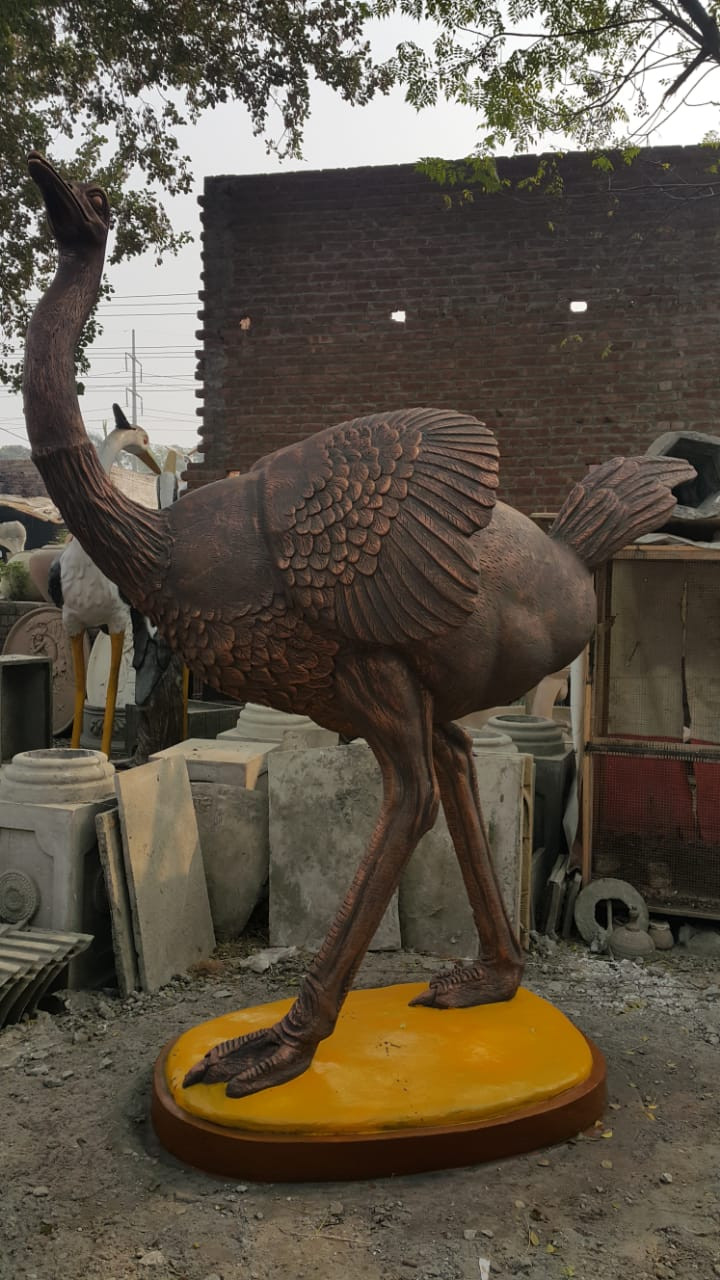
Various political parties, including Jamaat-e-Islami, Tehreek-e-Labbaik, Pakistan Muslim League (Central), and Jamiat Ulema-e-Islam, have also had their election symbols manufactured as thousands of huge plastic replicas. This has been easier for some parties and candidates but not possible for others with unique symbols that cannot be easily replicated.
Sardar Saifullah, affiliated with Jamaat-e-Islami, have not only ordered the manufacturing of large-sized scales to be placed on the roofs of their homes and offices but have also got plastic replicas made in large quantities for distribution. “The scale which is our electoral symbol is also the symbol of justice,” he says.
A local independent candidate from Lahore has a jeep as his election symbol, while another candidate's symbol is a horse. Other independent candidates have symbols such as a chair, camel, flower, pen, and plough. They have had huge replicas of their electoral symbols manufactured and placed outside their central offices.
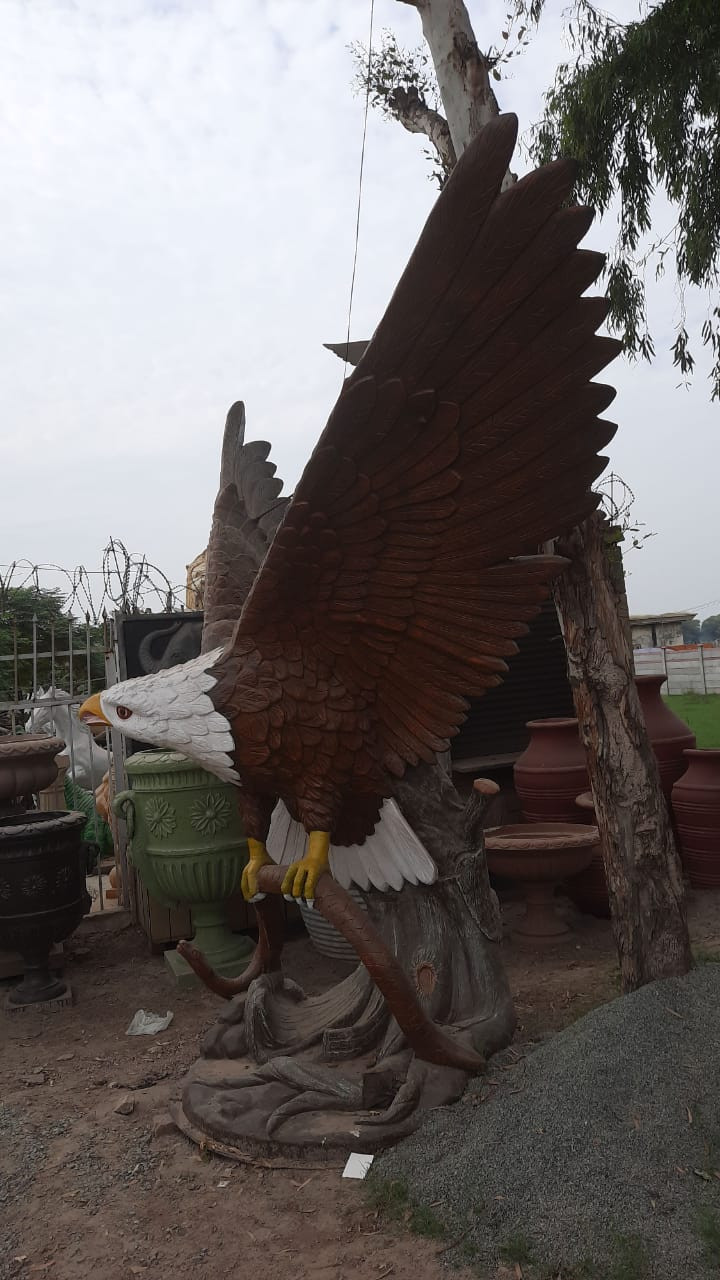
Mohammad Faisal, a political worker, says that their candidate received the symbol of a horse, so they bought five horse models that are now displayed outside their constituency office. He explained that these horse models were not newly purchased but were already being used for adornment in a housing society in Lahore. Plans are to place them back in the housing society after being used in the election campaigns.
Just the way, it is often said that Eid-ul-Azha is truly a festive occasion for butchers, since they make a lot of money slaughtering animals for sacrifice at the time, similarly, one might think that elections must be a lucrative exercise for the printing market as screens, posters and leaflets are being heavily produced in this time. But in reality, this year, it is not so. Instead of printing paper advertisements for candidates and their supporters, those involved in this business have shown a preference for Panaflex screens mounted on boards. These are easier to produce, and according to party workers, a few dozen Panaflex banners prove to be more effective than printing thousands of posters for publicity.
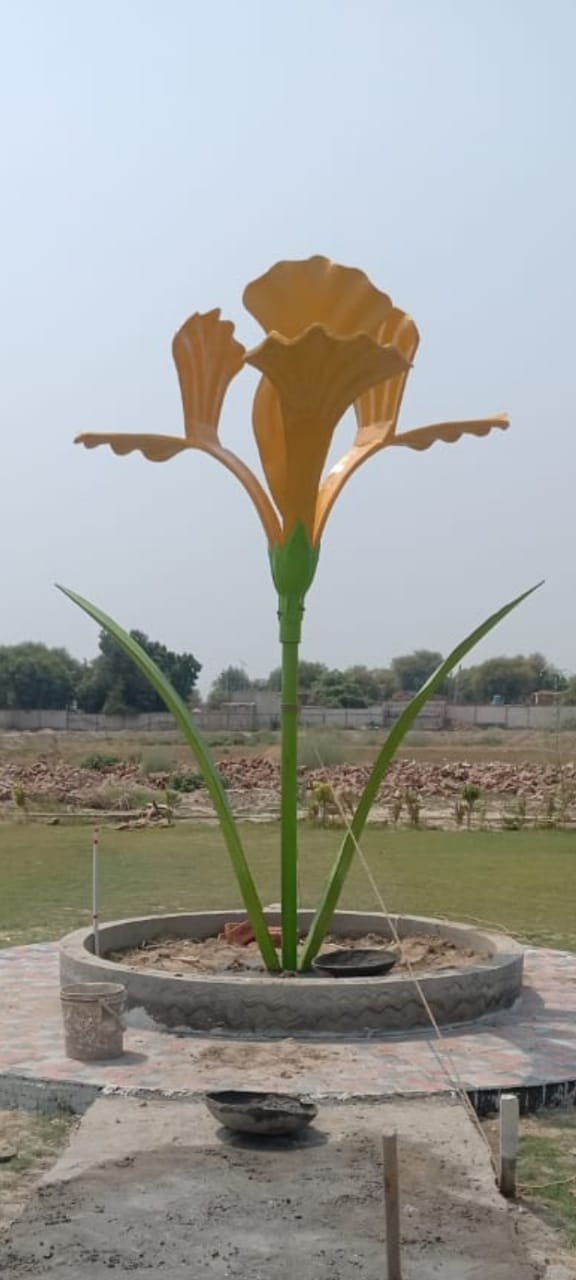
According to Muhammad Younis, who makes cement, chalk and fibre glass models, several political parties and their candidates have placed orders for the crafting models of their election symbols for the upcoming elections. These models of tigers, bulls, camels, and horses cost from Rs 125,000 to 0.5 million. The price depends on the size and material used for manufacture of the model.
But despite the endeavours, excitement and enthusiasm of political parties, their workers and their new approaches for canvassing their electoral candidates, the 12th general elections in Pakistan are being held under a cloud of political and economic instability and a fluid security situation, and the absence of any real opposition has led to a lukewarm run-up to elections 2024, as far as the public is concerned.
